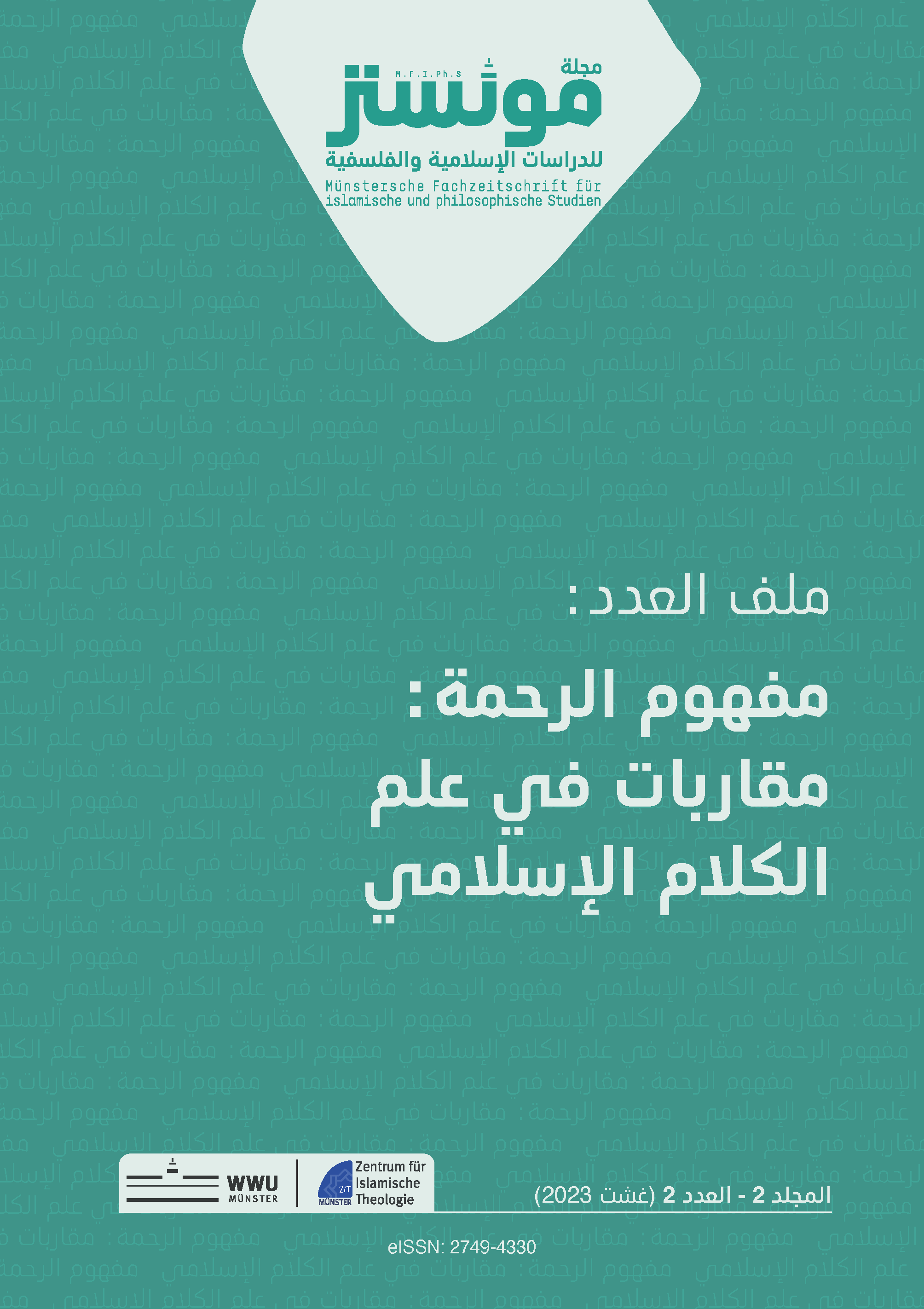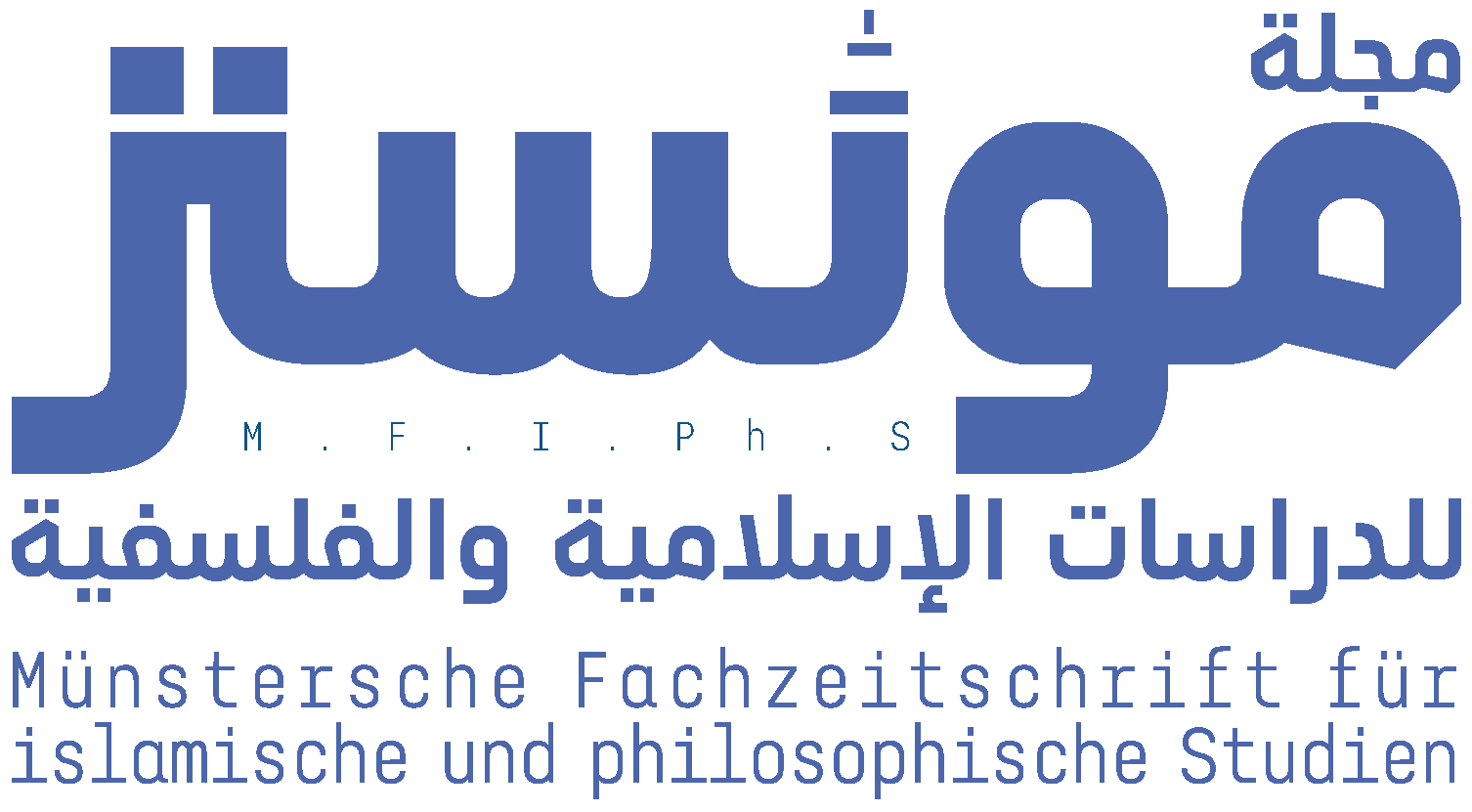Woe unto those who are praying (Q 107: 4): On considering the Qur’ān a historical source for the life of Muhammad
Part 1: Islamic exegesis and Historical Context of the Qur’ān
DOI:
https://doi.org/10.17879/mjiphs-2023-5020Keywords:
Prophetic biography, The historical context of the Qur’ān, Qur’ānic exegesis, The ruptureAbstract
This study explores the evolution of the interpretation of Q 107: 4 from the late Antique Qur’ānic exegesis to the medieval exegesis. The importance to refer to the passage is twofold. First: The consensus of commentators to place Q 107 in the Meccan context, except for Q 107: 4-7, which is placed in the Medinan context; Second, the interpretation of this passage set an example for the rupture of Qur’ānic exegesis with the historical context of the Qur’ān, which also leads to a rupture with the historical context of the Prophet’s biography. While the debate in Qur’ānic studies and early Islamic history continues as to the extent to which the Qur’an can be considered a source of the Prophet’s biography, this study argues that writing the Prophet’s biography based on the Qur’ān as a historical source is possible from a historical point of view.





